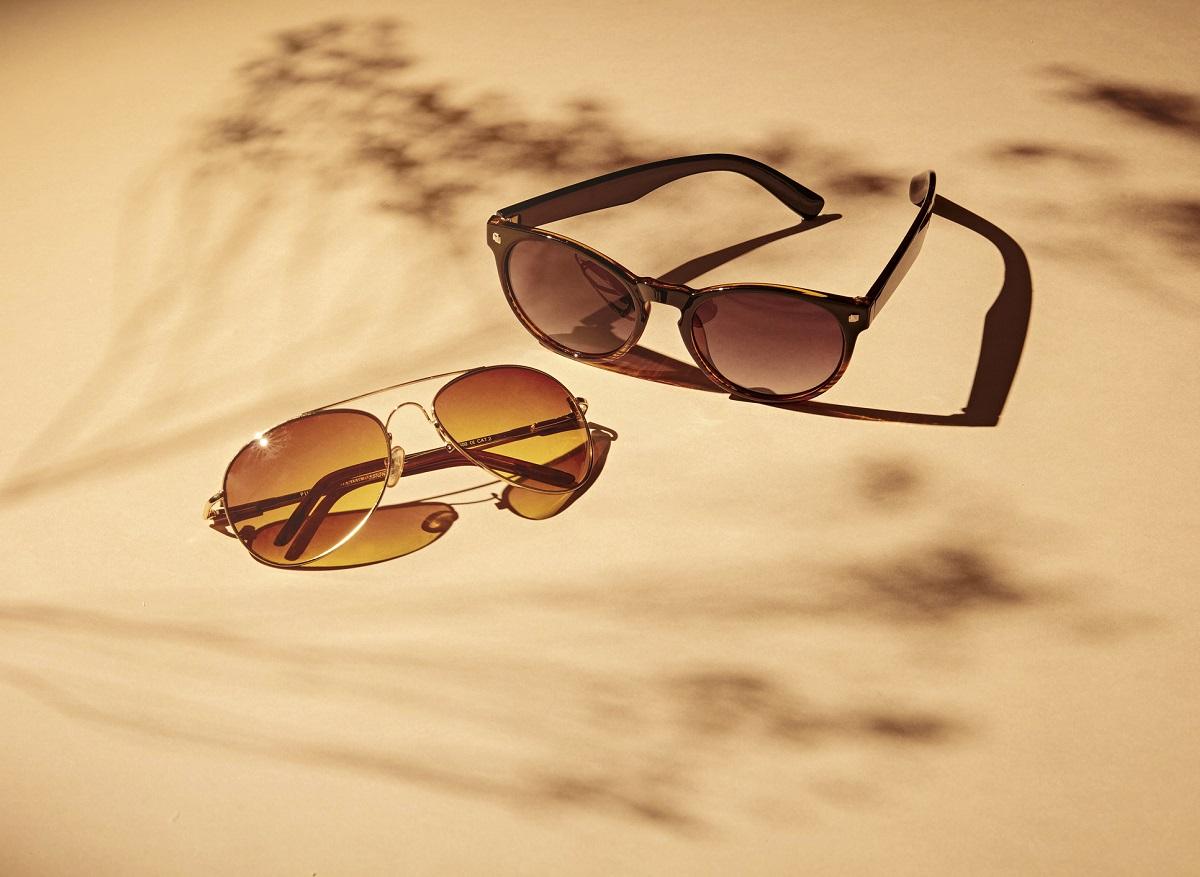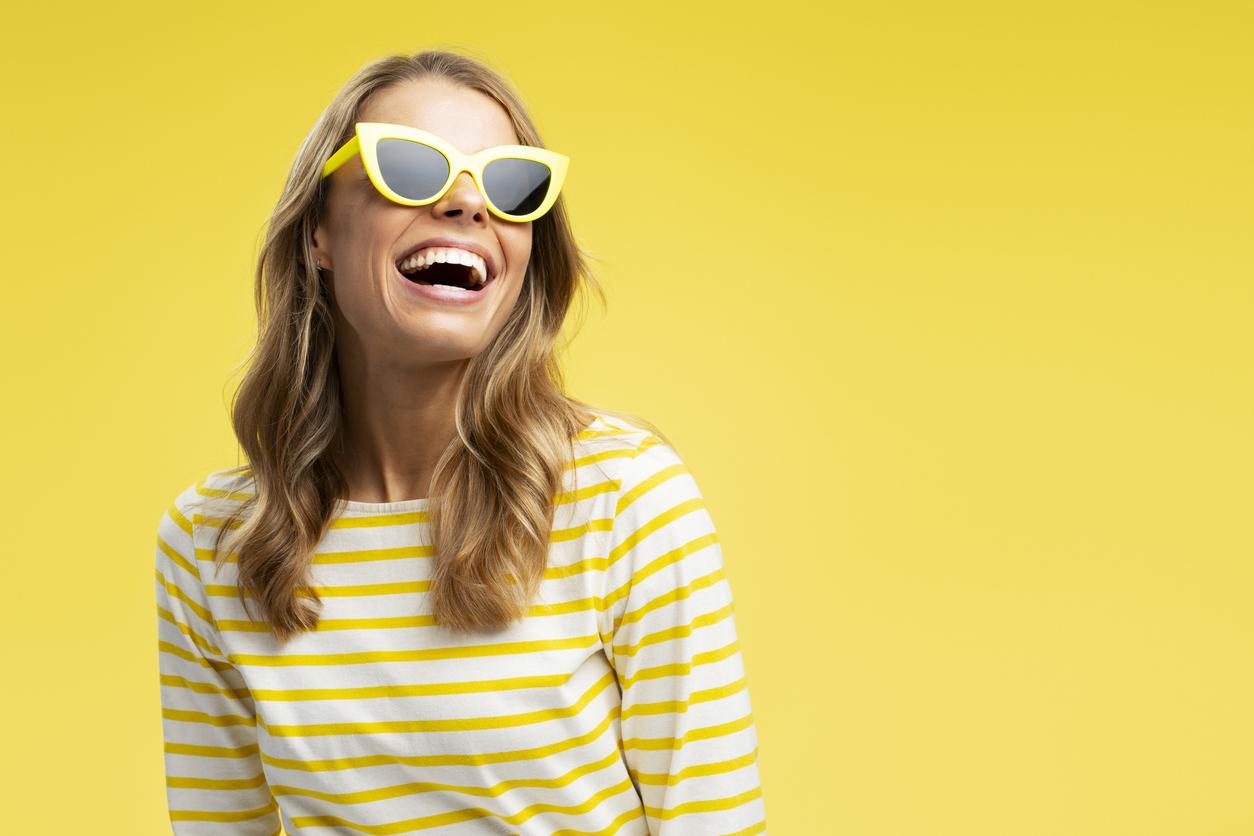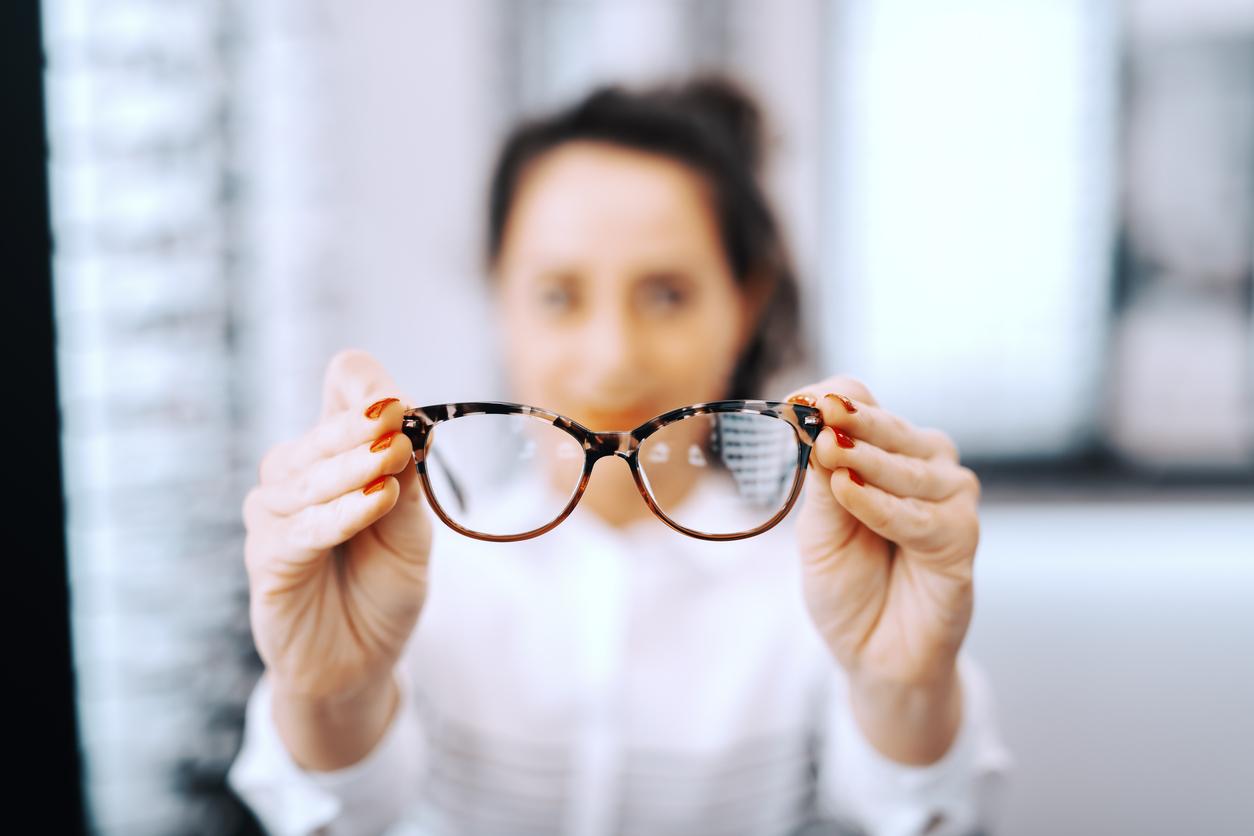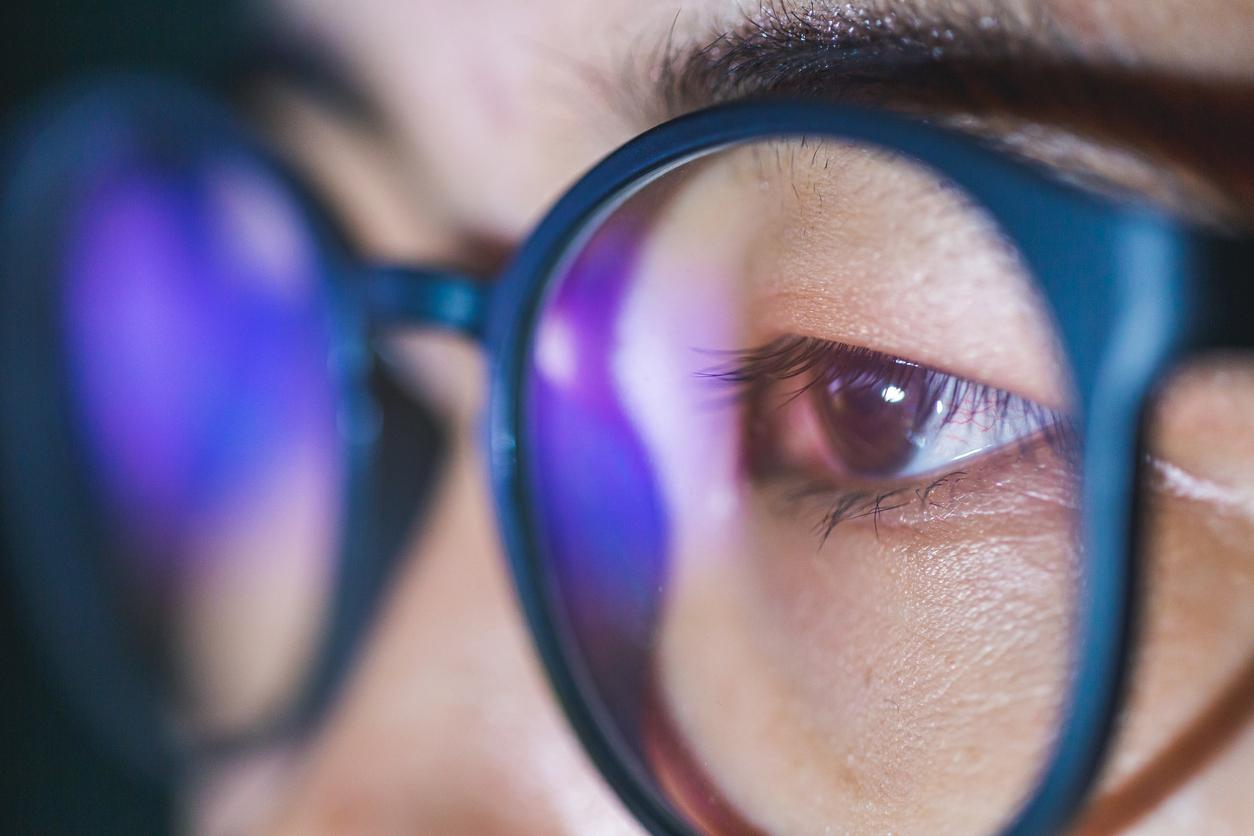The Emmaüs Solidarité and VisionSoliDev associations, which work in partnership to offer free eye screening and equipment adapted to disadvantaged people, asked the Gallileo research firm to question people in precarious situations about their optical equipment.
This survey, conducted among 115 people between 22 and 76 years old, shows that this equipment is a real public health problem because:
– 94% of them did not have glasses adapted to their eyesight, or even no glasses at all when they needed them;
– 7 out of 10 had not seen an optician for more than two years, or had never been to an optician;
– 8 times out of 10 this situation caused real difficulties on a daily basis. Impossible, for example, to read a sign or to orientate oneself in the metro.
–
“The renunciation of care is more attributable to a lack of information and knowledge of the visual health system (62%) than to the fear of having to pay a large sum of money (28%)” specifies Quentin Ballu, in charge of ‘studies at the consulting firm.
For Jean-Paul Roosen, president of the VisionSoliDev association, which provided 267 pairs of glasses in 2014, the public authorities also have a role to play by simplifying the process and the formalities of support. “There is work to be done between the optical industry and associations” so that the poorest can assert their rights and obtain glasses in their sight.
Read also :
Half of the French wear glasses or contact lenses
Man regains sight with electronic glasses
















